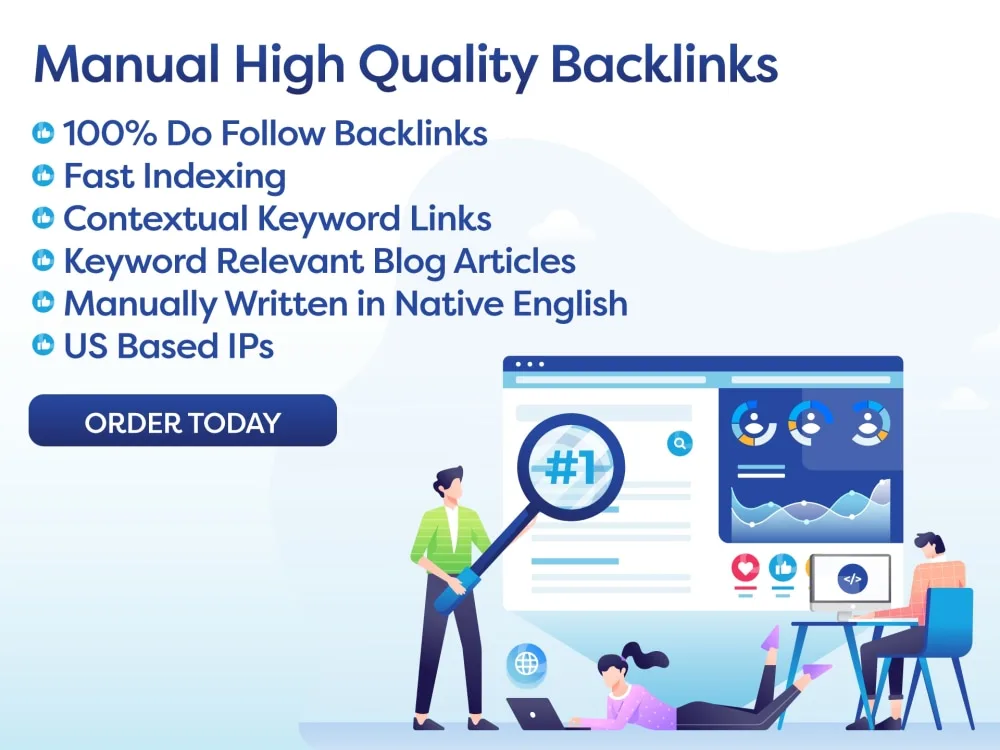Backlink spam is a common tactic used to manipulate search engine rankings, but it can have serious consequences for your website’s SEO efforts. To avoid this, monitor your backlink profile for suspicious or low-quality backlinks using tools like Google Search Console or Ahrefs. Disavow any harmful backlinks and focus on building relationships with reputable websites to earn quality backlinks. Backlink spam can result in penalties from search engines, decreased rankings, and even removal from search results, so it is crucial to actively combat it. By following these strategies, you can ensure your website’s success in the competitive world of online search.
Excerpt:
Backlink spam and SEO go hand in hand. Learn how to spot and avoid it to improve your website’s search engine rankings.
Introduction:
Welcome, SEO beginners! In the vast world of search engine optimization, there is one practice that can make or break your SEO efforts – backlinks. Backlink spam is a common tactic used by some to manipulate search engine rankings, but it can have serious consequences for your website if you fall into its trap. In this article, we will delve into the world of backlink spam and how you can avoid it to ensure your website’s success in the competitive world of online search.
Key Takeaways:
1. Understand what backlink spam is and how it can harm your SEO efforts.
2. Learn how to spot backlink spam on your website.
3. Discover effective strategies for removing backlink spam and improving your website’s SEO.
4. Implement best practices for building quality backlinks that will benefit your website in the long run.
Key Takeaways:
1. Understand what backlink spam is and how it can harm your SEO efforts.
– Definition of backlink spam: Backlink spam refers to the practice of creating low-quality or unnatural backlinks to manipulate search engine rankings.
– Negative impact of backlink spam: Backlink spam can result in penalties from search engines, decreased rankings, and even complete removal from search results.
2. Learn how to spot backlink spam on your website.
– Check your backlink profile regularly: Use tools like Google Search Console or Ahrefs to monitor your backlink profile for any suspicious or low-quality backlinks.
– Look out for common red flags: Watch out for irrelevant anchor text, links from spammy websites, and a sudden influx of backlinks that seem unnatural.
3. Discover effective strategies for removing backlink spam and improving your website’s SEO.
– Disavow low-quality backlinks: Use Google’s Disavow Tool to tell search engines to ignore specific backlinks that may be harming your SEO efforts.
– Reach out to website owners: Contact the owners of spammy websites and request the removal of any harmful backlinks pointing to your site.
4. Implement best practices for building quality backlinks that will benefit your website in the long run.
– Focus on quality over quantity: Instead of pursuing a high volume of backlinks, prioritize building relationships with reputable websites that will provide valuable backlinks.
– Guest posting on relevant websites: Write high-quality guest posts for websites in your industry to build natural backlinks that will benefit your SEO efforts.
Action Plan:
1. Audit your backlink profile using tools like Google Search Console or Ahrefs.
2. Disavow any low-quality backlinks that may be harming your website’s SEO.
3. Focus on building relationships with reputable websites in your industry to earn quality backlinks.
Conclusion:
In conclusion, backlink spam can have serious consequences for your website’s SEO efforts. It is essential to regularly monitor your backlink profile, spot and remove any spammy backlinks, and focus on building quality backlinks that will benefit your website in the long run. By following the strategies outlined in this article, you can ensure that your website remains competitive in the ever-evolving world of search engine optimization.
FAQ:
Q: How do I know if a backlink is spammy?
A: Look out for red flags such as irrelevant anchor text, links from low-quality or spammy websites, and a sudden influx of backlinks that seem unnatural.
Q: Can backlink spam really harm my website’s SEO efforts?
A: Yes, backlink spam can lead to penalties from search engines, decreased rankings, and even removal from search results. It is important to monitor your backlink profile and take action to remove any harmful backlinks.

